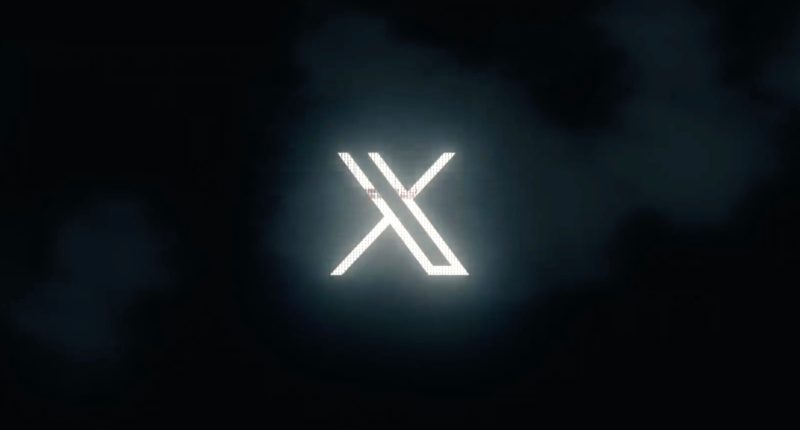The fact that Twitter – now known as X – is in hot waters and has raised concerns is nothing surprising – it has been a common occurrence ever since Elon Musk bought the micro-blogging site last year to make it an “everything app.” If you have been following us, then you will have seen our coverage of X’s recently updated privacy policy, wherein it informed that it will be collecting the biometric data of users, along with their job and education history.
Now, X has ignited a fresh wave of concern in its new revelation. The updated privacy policy of X has left little to the imagination – it explicitly delineates the company’s plans to deploy the data it gathers, coupled with publicly accessible information, to refine and augment its machine learning algorithms and AI models.
“We may use the information we collect and publicly available information to help train our machine learning or artificial intelligence models for the purposes outlined in this policy,” read the updated privacy policy. “We may use the information we collect from accounts of other services that you choose to connect your X account to provide you features like cross-posting or cross-service authentication, and to operate our services. We use your contact information to help others find your account if your settings permit, including through third-party services and client applications,” it added.
The mounting concerns and queries prompted Elon Musk, the owner of X, to step into the conversation. Musk confirmed the policy changes but sought to allay certain fears. He underscored that only publicly available information would be procured and employed for these designated purposes. Crucially, this clarification ensures that private messages and sensitive data remain outside the scope of data collection.
“Just public data, not DMs or anything private,” Musk wrote in a response on X on September 1. This marks an interesting departure from Musk’s (and subsequently X’s) stance on AI models being trained on user data, which is then used to train chatbots like ChatGPT. In this vein, Musk introduced rate limits earlier this year, restricting the number of tweets users will be able to view daily. Musk later increased the limits to 10000 posts for verified accounts, 1000 for unverified ones, and 500 for new accounts, before further increasing the limits by 50%.
While X doesn’t overtly declare aspirations in the AI realm (unlike the likes of Microsoft and Google), Elon Musk, has been an ardent advocate and investor in artificial intelligence. The billionaire recently launched “xAI,” a company with an ambitious mission to decipher the fundamental nature of the universe. This development has prompted speculation that user biometric data and associated information could potentially contribute to advancing these scientific goals, and a substantial partnership between X and xAI may be on the cards as well, if the xAI homepage is any indication.





